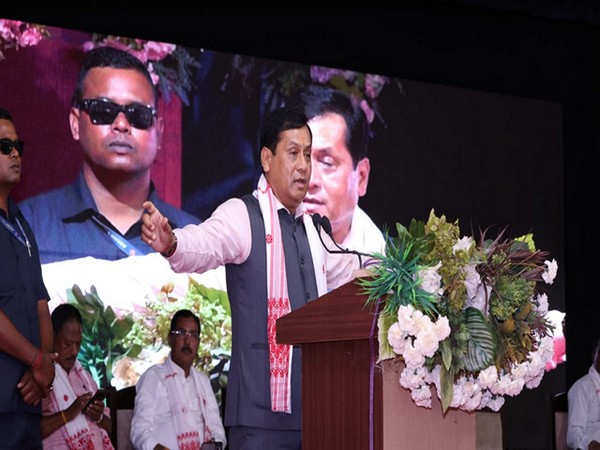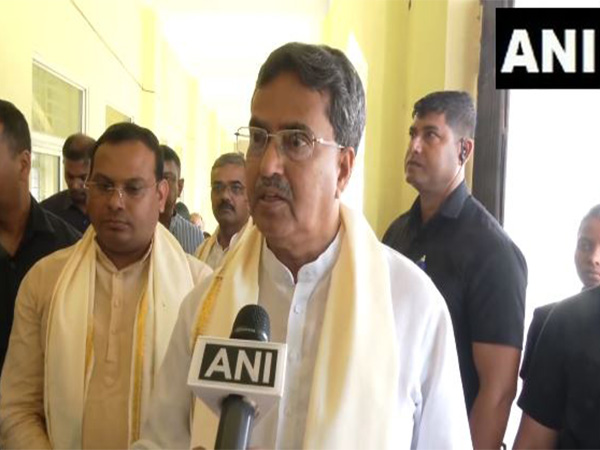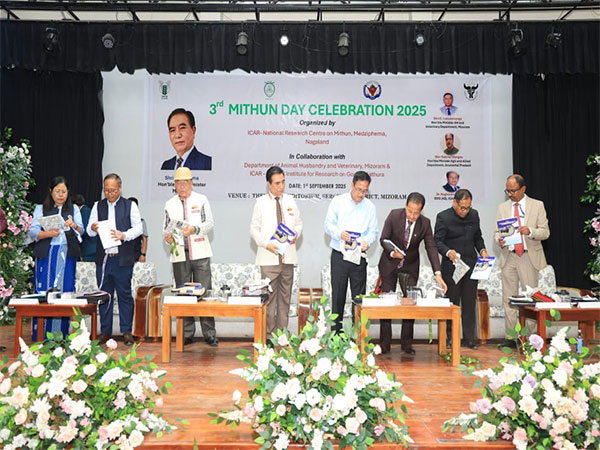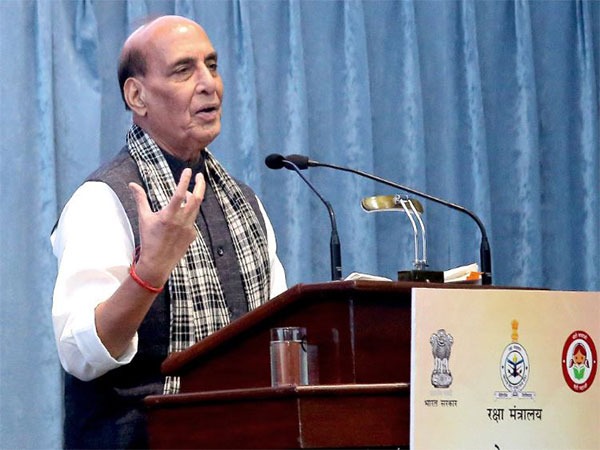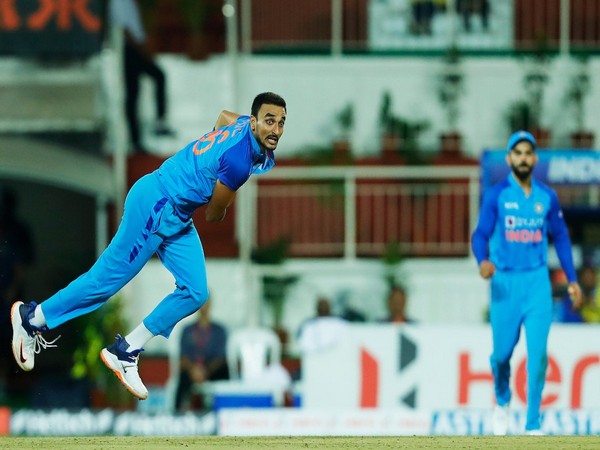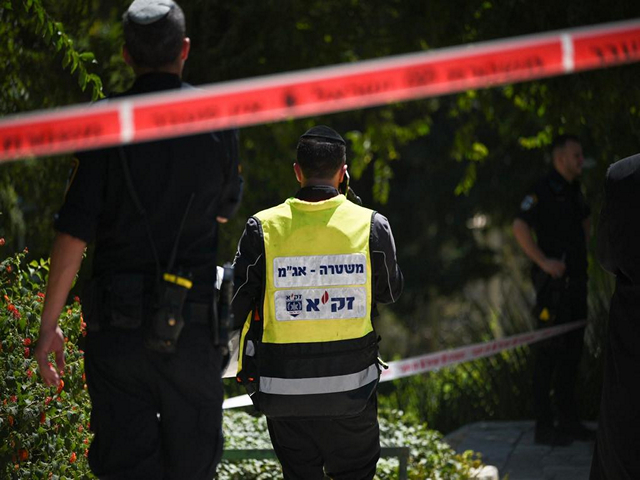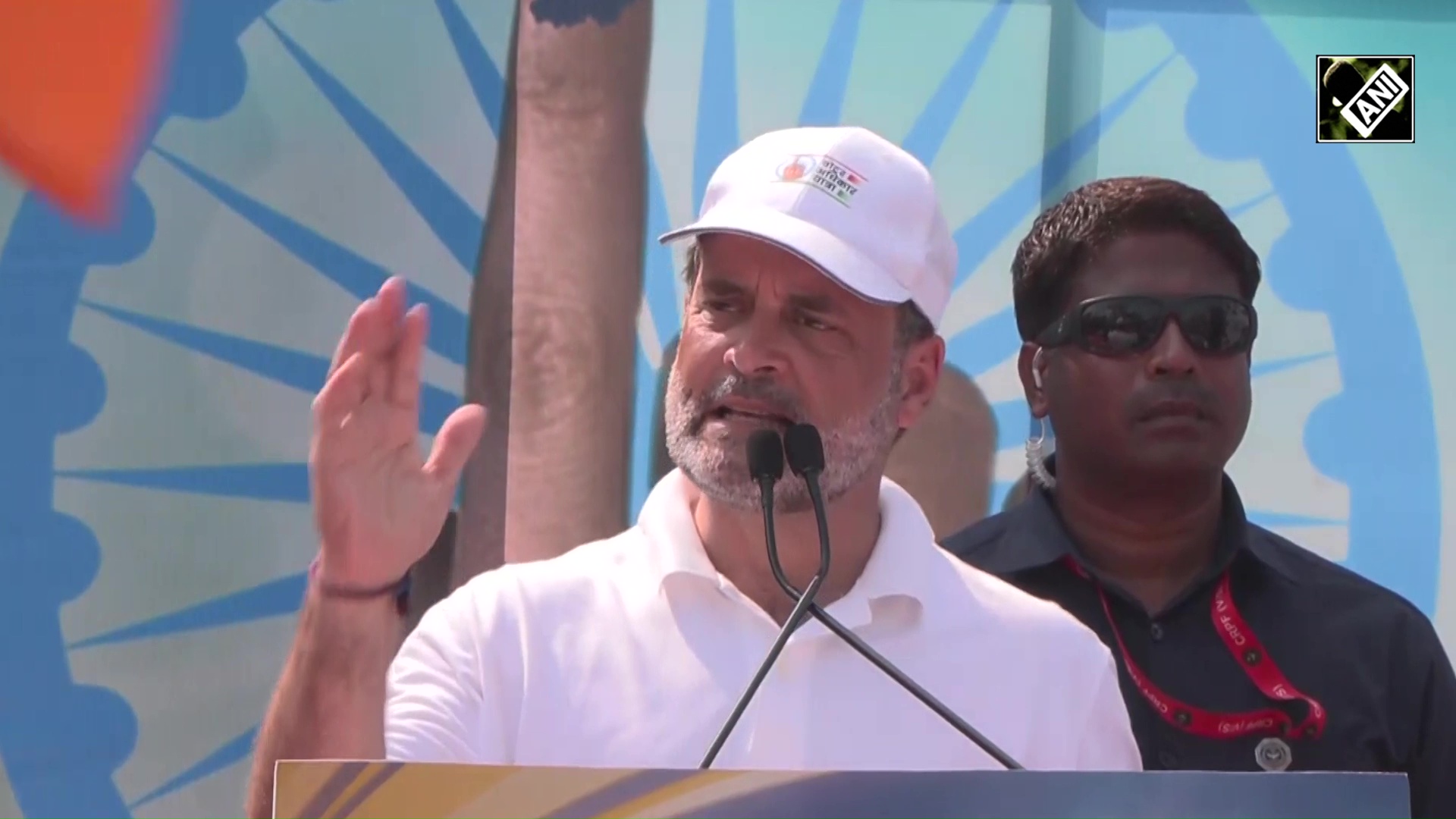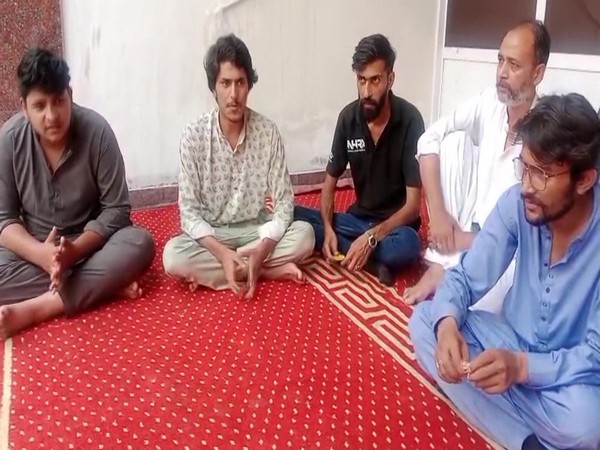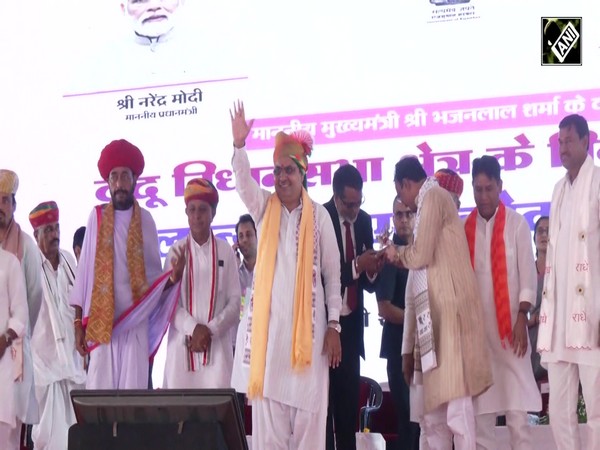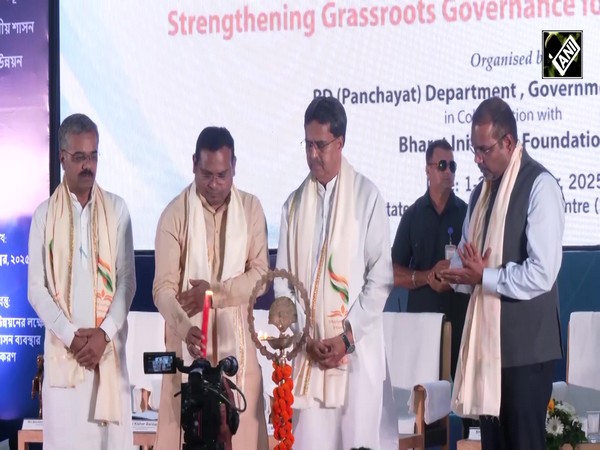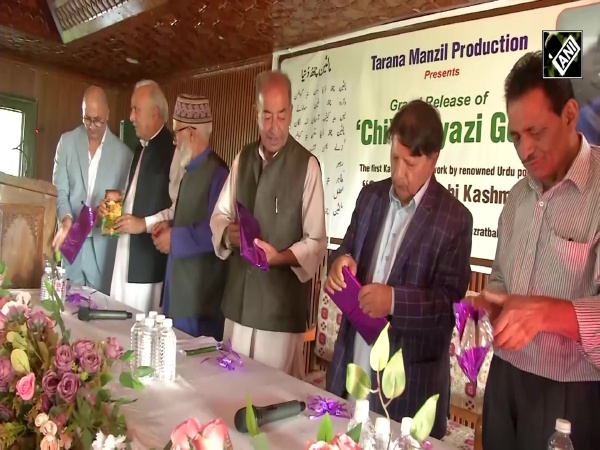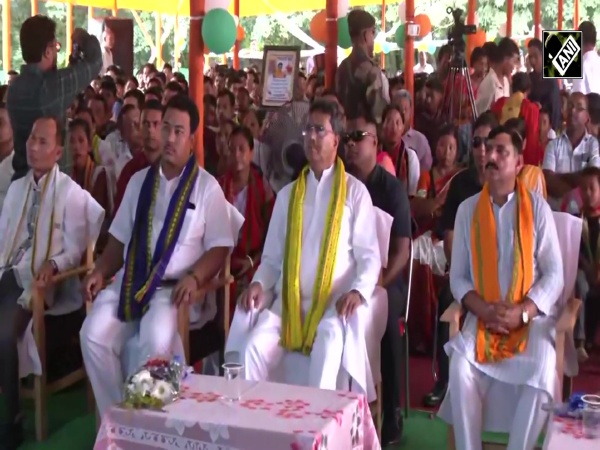Filing frivolous litigation delays hearing of genuine case, Delhi HC asks authorities to exercise diligence
Oct 11, 2024

New Delhi [India], October 11 : The Delhi High Court in a recent judgement not only dismissed the plea seeking leave to appeal against acquittal in a false attempt to rape case, but also admonish the state authorities for filing a frivolous litigation.
It asked the authorities to excercise due diligence in filing litigation as filing frivolous cases delays the hearing of genuine ones.
"The filing of frivolous cases has a spiral effect on other litigations which are waiting for their turn to be heard before the Courts," Delhi High court said.
The Delhi State Prosecution had challenged the trial court order of acquittal passed on April 18, 2019 in an attempt to rape case. A case of attempt to rape was lodged at Adarsh Nagar Police Station in 2011.
The High Court dismissed the plea for grant of leave to appeal moved by Delhi police.
Justice Amit Mahajan said, "The filing of frivolous cases has a far-reaching, detrimental impact on the legal system. It not only clogs the Courts with unnecessary litigation but also delays the hearing of genuine
cases that are patiently awaiting their turn to be addressed."
"The misuse of the legal process through frivolous litigation wastes judicial time and resources, and the Department must ensure that only meritorious cases are brought before the Court, avoiding unnecessary burden on the judicial system," Justice Mahajan said in the judgement of October 8.
Justice Mahajan observed, "Such delays undermine the efficiency of the judiciary, causing distress to litigants. Therefore, it is imperative that the prosecution and legal departments exercise due diligence before initiating cases, in order to preserve the integrity of the judicial process and ensure timely justice for those with legitimate grievances."
Justice Mahajan pointed out that although the present case clearly qualifies as one where costs should be imposed on the prosecution for filing a frivolous appeal, this Court has chosen to refrain from passing such an order with a direction to the Department of Law & Legislative Affairs to exercise greater vigilance and sensitivity in deciding which cases to prosecute.
The trial court after taking note of all the witnesses, held that there has been material contradictions between the statements which were given to the Police at the initial stage and then subsequently to the Magistrate.
Considering the evidence, the Trial Court had acquitted the accused.
The High Court said that it is trite law that this Court must exercise caution and should only interfere in an appeal against acquittal where there are substantial and compelling reasons to do so.
"At the stage of grant of leave to appeal, the High Court has to see whether a prima facie case is made out in favour of the appellant or if such arguable points have been raised which would merit interference," the High Court said.
